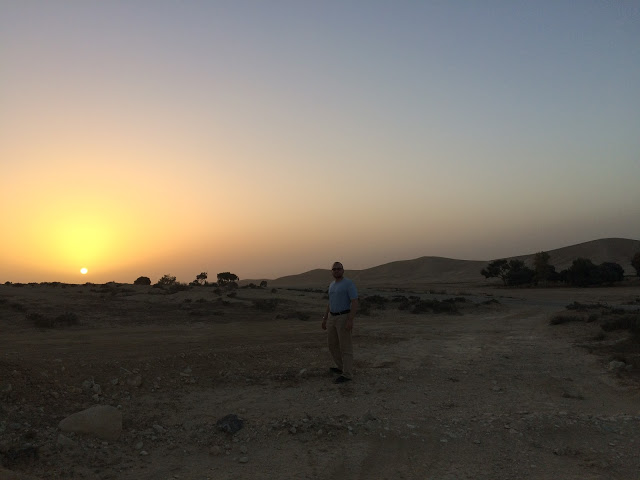

Especially when we need to rely on his provisions, like the Israelites in the desert. Nevertheless, God’s plans always are best, and we have to trust in him. We can learn that God’s timeline and plan often veer far away from how we expect a situation to play out or an outcome to fall in our favor. That God may have wanted them to learn some lessons along the way about trusting him, and that he fights for them when they are surrounded by a great number of enemies on their way to the Promised Land ( Exodus 17). They didn’t realize that sometimes getting to the Promised Land takes time. No longer would they have to operate under cruel taskmasters, and they had a bright future ahead.īut they expected it all to happen so fast. The Israelites may have thought that everything would be smooth sailing since they left their former lives from Egypt.

God's Plan Never Seems to Align with Ours He doesn’t leave or forsake us in our greatest hour of need. We might be waiting on a job or living from paycheck to paycheck, but God provides for us in the desert and in the Promised Land. Nevertheless, he meets their needs, nonetheless.įrom this, we can learn that God meets us in limbo. They wouldn’t stay there forever but would enter the Promised Land decades later. God understood that the desert was a temporary limbo for the Israelites. A heavenly bread of sorts that means “what is it?” He also gives them protein via quail and provides these bread and birds from heaven daily until they enter the Promised Land. God, seeing their need for food, provides them with a substance known as manna. They get so hungry that they think hundreds of years doing hard slave labor in Egypt sounds like paradise. Aside from Caleb and Joshua, anyone over a certain age would not see the Promised Land, since their generation did not exercise a strong faith in God’s provision.Īlthough the 40 years in the desert may serve as a cautionary tale of sorts, can we learn anything from the Israelites as they wandered for four decades? All but Caleb and Joshua, two of the spies, try to dissuade the Israelites from going into the new land ( Numbers 32).īecause of their obstinance and disobedience and forgetfulness of God’s promises, God delays their entry into the Promised Land by 40 years.

When the spies realize that the fortified city and its people within are intimidating.

The proverbial straw breaks the camel’s back when they reach the Promised Land and send spies to scout the area. The journey takes too long, and they turn to other idols and gods to speed up the process ( Exodus 32). When God freed them, through his servant Moses and via 10 plagues ( Exodus 7-11) and a splitting sea ( Exodus 14), they must have thought that they’d arrive in the land of their dreams, the Promised Land, in no time.īut sure enough, they hit snags along the way. Whenever we encounter a road under construction or traffic that halts our trek by half an hour, we may feel tempted to throw up our hands and say, “Why now? Why did this have to happen to me?’Įnter the Israelites, who had endured hundreds of years of slavery in Egypt. No one likes a detour or delay in a journey.


 0 kommentar(er)
0 kommentar(er)
